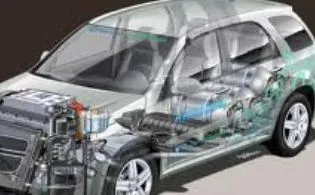
Korea, UK partnering in hydrogen fuel cell project
It’s a new phase of scientific cooperation between Korea and the UK.
Researchers from the Imperial College London and Pohang Pohang University of Science and Technology have signed an agreement to jointly develop hydrogen and fuel cell technology. Professor James Stirling, Provost of the Imperial College London, and Professor Taihyun Chang, Provost and Executive Vice President of Pohang University, signed a Memorandum of Understanding that paves the way for further engagement in hydrogen and fuel cell technology research between the two countries. Korea is investing heavily in a range of energy technologies including fuel cells.
As fuel cells are the most efficient form of electricity generation for a range of fuels, including natural gas and hydrogen, this is of significant interest for Korean industry to develop for both its home and international markets.
A fuel cell is a type of technology that is more efficient at generating electrical energy from fuel sources such as natural gas and hydrogen. It combines a fuel such as natural gas or hydrogen and an oxidant, usually air, to produce electricity by a highly efficient electrochemical process.
When used to power a device called a combined heat and power unit, fuel cells can generate both heat and energy locally for homes and larger buildings. Using hydrogen as the fuel source makes fuel cells even more sustainable because carbon dioxide is not generated as a by-product.



















 Advertise
Advertise







